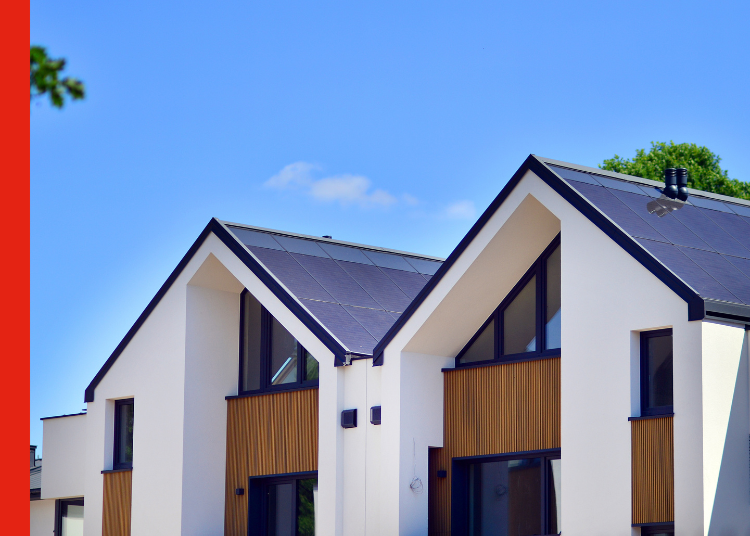
OPINION: No sector of the property market has come under greater scrutiny in the past 18 months than the residential rental market.
The combination of changes to the standards residential property must meet, the loss of the deductibility of interest costs as a business expense, rises in the cost of rates and insurance, high borrowing costs, plus the general malaise the economy has found itself in as its struggles with inflation, have all contributed to higher costs for landlords – and in turn the rent of tenants.
It has been a loss/loss situation for landlords and tenants.
In June, based on the 17,500 residential properties we manage on behalf of landlords in Auckland, the average cost of renting a three bedroom home in Auckland was $678. This was $36 (or 5.6%) higher than it was 12 months previously.
While a big increase, within the context of the rise in costs across the entire economy, it is not out of proportion.
There is hope on the horizon that the forces driving the current price spiral are being deprived of oxygen.
Inflation is on the cusp of falling into the Reserve Bank’s sweet spot of 1 to 3 percent, the trading banks are already responding to the possibility of mortgage interest rates falling, and as from April landlords can deduct 80% of their mortgage costs as a business expense.
While I do not anticipate these positives will see rentals decline, by this time next year my expectation is the rate of increase will fall back.
Personal landlords have in some quarters become an easy target for all the ills facing the housing market, with claims they are even distorting the sales price of properties.
The reality is that many private landlords own one or at most two properties and see their property as a long-term asset that will assist them with their retirement planning. They are as interested in retaining good, long-term tenants as they are in their investment being cash flow positive.
Yes, there are rogue landlords, and invariably they are the ones that are highlighted by the media (as they should be). But for every rogue there are far more genuine everyday Kiwis that are interested in retaining their tenants and maintaining their properties to the same standard as their own homes.
It is also a fact that by far most cases that come before the Tenancy Tribunal for a decision are landlords who are pursuing an action against their tenants rather than the other way round. Putting this down to landlords being better resourced than tenants to pursue such action undermines the simplicity of the Tribunal’s processes.
Private landlords are an essential part of the mix of housing people with Stats NZ estimating that about a third of all households live in rented accommodation.
Understanding the ownership status of the third of the housing stock that is rented is challenging given the various ownership models that exist (individuals, trusts, partnerships, companies) and whether the aim of the owner is social (charitable trusts) or personal investment.
One of the more informative studies around ownership is that published by the NZ Herald in 2022.
This study established that 30% of the rental market was owned by mum and dad landlords with only 1 property, and that a further 13% owned two properties.
It showed that half the country’s rentals (49%) were owned by people with 3 or less properties.
Putting aside the issue of whether the level of private ownership of rental housing should be at the level it is, the simple fact is that it is unlikely to change significantly anytime soon.
For me we are better to focus on accepting that if landlords can make their investments work for them the more likely it is they will look after their tenants and maintain their properties.
Rather than the lose-lose situation we have experienced in the past 18 months, we would be better off aiming to create a win-win situation.
Peter Thompson, Managing Director, Barfoot & Thompson
